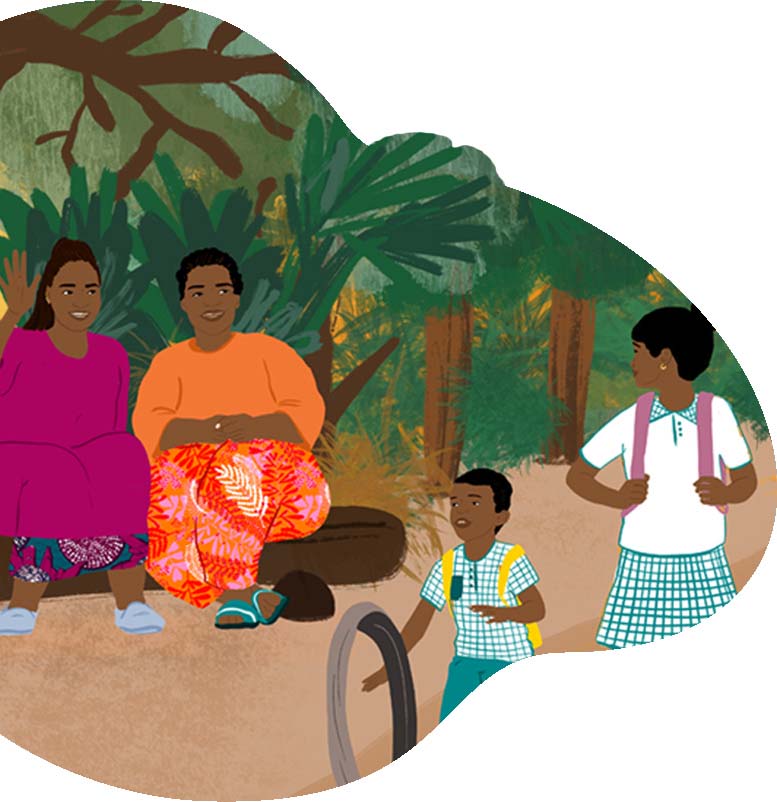Change Starts at Home
We are committed to actively supporting and engaging in national processes that shape and determine violence against women prevention programming in Uganda. Specifically, we advocate for accountability and feminist policy and practice in the national discourse. Examples of our current national advocacy include the Domestic Violence Act Coalition, the Accountability Working Group and other pressure groups supporting quality violence against women prevention and response in Uganda.
We have played an active role in ensuring that national initiatives on women’s rights are feminist-informed and centered on the experiences and voices of Ugandan women and girls. This includes engaging ministries and male involvement groups promoting, funding or implementing violence prevention programming misaligned with feminist principles by strengthening analysis, solidarity and action for accountability to women and girls.
At the Intersection of Global & Local Dialogues
Raising Voices hosts the GBV Prevention Network, which has grown into a thriving movement of over 1,000 members in the Horn, East and Southern Africa mobilizing to prevent and respond to violence against women. Since 2003, the Network has enhanced member organizations’ feminist analysis of violence against women, fostered solidarity between and among members, and increased action at the individual and organizational levels to prevent violence against women.
We inject energy and analysis into the movement through our social media, “Rethink and Re-energize” processes, Get Moving!, and more. By developing contextualized materials such as Preventing Violence Against Women: A Primer for African Women’s Organisations, we translate global evidence on effective violence against women prevention for women’s organizations in sub-Saharan Africa. Through collaborations with regional partners we are also strengthening capacity to advocate at the government level for critical legislative changes.
Building Momentum for Feminist Prevention
After decades of building credibility, experience and trust, Raising Voices is now is considered a trusted actor in the violence against women prevention field. We strive to contribute activist voices to global processes and infuse our values of ethical and evidence-based programming and doing no harm, as well as feminist principles, into the broader violence prevention field. For example, through our African Collective on Violence Against Women Prevention, we elevate the inspiring work of sister organizations. We are also involved in a variety of global initiatives and have co-convened the Community for Understanding Scale Up (CUSP) since 2016. Based on donors’ growing demand for social norms change programming, CUSP reflects critically on what it takes to adapt and scale methodologies effectively and ethically.
Raising Voices is also proactively responding to the COVID-19 pandemic. Violence against women is increasing around the world as the crisis intensifies gender (and other) inequalities, and yet—at the same time—public health measures (such as lockdowns and social distancing measures) are making it exceedingly difficult to carry out violence prevention as usual. Recognizing the urgent need to support organizations during this time, we created a series of practical Guidance Notes to support organizations in adapting and sustaining their critical work during the pandemic. We are also engaged in global advocacy around acknowledging the critical role feminist organizations are playing during this time—and mobilizing the resources needed to sustain this work.
